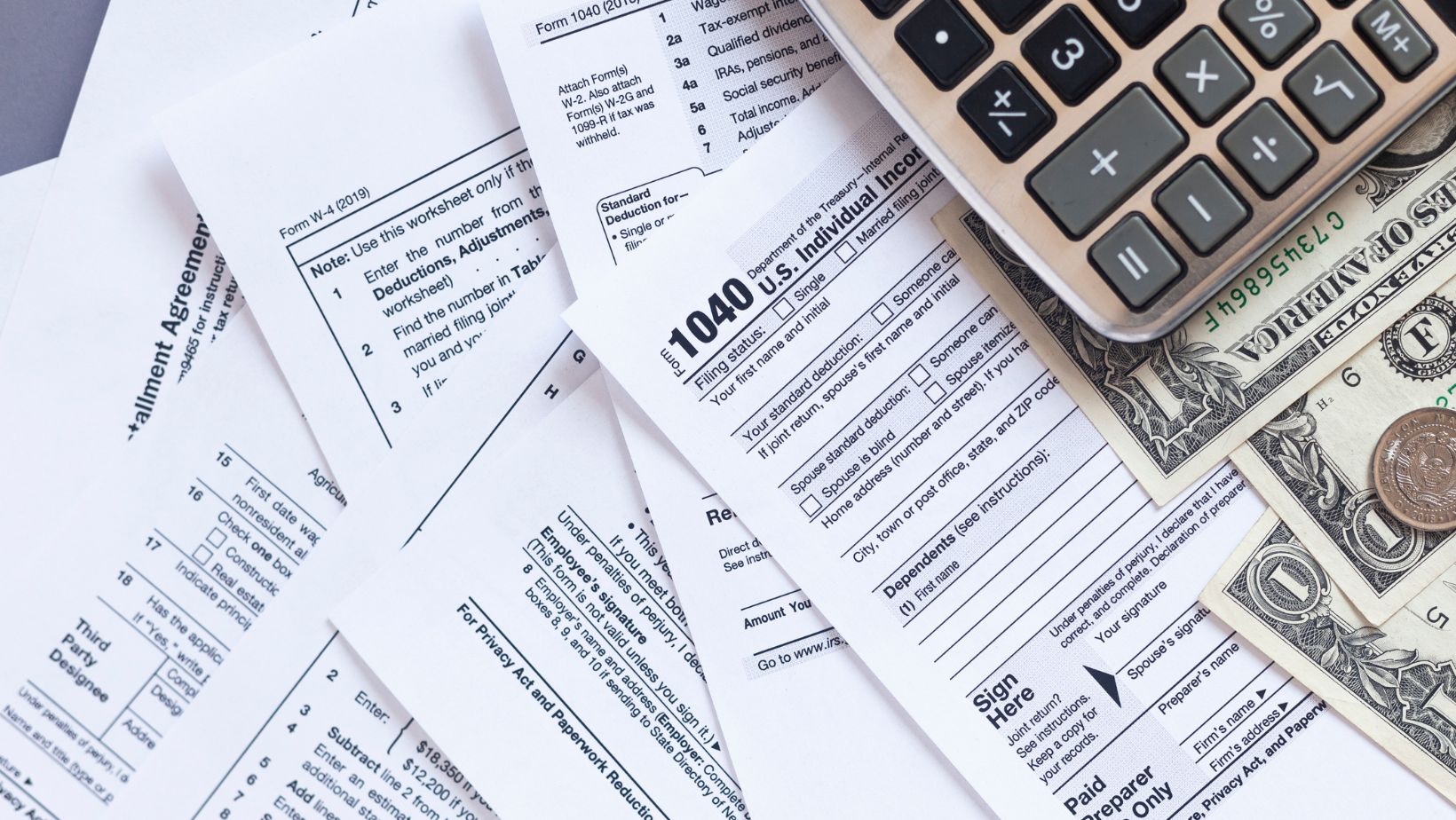Understanding Pennsylvania’s sales tax is crucial for anyone planning to make a purchase in the state. Whether you’re a business owner, a savvy shopper, or a curious tourist, it’s important to know how this tax affects your transactions. This article will shed light on this complex topic, demystifying the intricacies of Pennsylvania’s sales tax. So, let’s dive in and explore the world of sales tax in the Keystone State.
Does Pennsylvania have Sales Tax
Diving deep into the basics of sales tax provides clarity to its intricacies. Illuminating these aspects aids individuals and businesses in the state of Pennsylvania in intelligently navigating transactions.
What is Sales Tax?

Sales tax represents a government levy placed on the sale of goods and services. Levied at the point of purchase, consumers bear the cost. The seller collects it at the time of the sale and later remits it to the government. Sales tax varies across different U.S. states, resulting in diverse rates and applicability rules.The primary purpose of a sales tax is to generate revenue for the state. This revenue typically funds essential state services and functions. Examples include education, health care, infrastructure development, and public safety. Consequently, accurate collection and remittance of sales tax plays a crucial role in maintaining the smooth operation of state services and functions.
Pennsylvania State Sales Tax
The Pennsylvania State Sales Tax sits at the heart of revenue generation for this diverse state, playing a pivotal role in public funding. Its specific details, from roots to rates, paint an intriguing tale of fiscal policy.
When Did Pennsylvania Start Charging Sales Tax?

Remarkably, Pennsylvania ushered in the concept of sales tax in 1954. It’s a measure steeped in history, marking a monumental shift in the state’s approach to revenue generation. The tax, presented as a direct levy on the purchase of goods, was an innovation aimed at solidifying the state’s financial foundation.Pennsylvania’s sales tax adheres to a flat rate of 6%, uniformly relevant across all counties specializing in goods and services. However, certain metropolises hold exceptions. For instance, Allegheny County charges an additional 1%, topping the sales tax rate at 7%. Meanwhile, Philadelphia levies extra with a rate of 2%, making the total sales tax 8%. The execution in Pennsylvania hinges on the point of sale basis, enforcing the tax at the transactional instance of purchasing goods or services.
Certainties and Exemptions in Pennsylvania Sales Tax
Pennsylvania’s sales tax encompass a multitude of items, yet some escape this taxation. The specifics of these taxable and tax-exempt goods shed light on the structure and operation of the state’s fiscal ecosystem.
Items Subject to Sales Tax in Pennsylvania

In Pennsylvania, sales tax comes into play in a diverse range of goods and services. Items such as automobiles, furnishings, electronics, clothing priced above $50, and appliances join the arena of taxable goods. Services, too, don’t escape this taxable bracket, with examples including adjustments, alterations, cleaning, and repairsPennsylvania’s 6% sales tax rate can be contrasted against its neighboring states. New Jersey’s sales tax, for instance, is slightly less, at 6.625%. New York and West Virginia, on the other hand, levy a sales tax rate of 4% and 6% respectively. However, it’s important to note, these rates may vary significantly when local surtaxes are considered. In Ohio, the base rate is 5.75%, but local municipalities can impose additional taxes. Maryland’s sales tax is set at a somewhat lower rate of 6%.
Effect of Sales Tax on Pennsylvania Residents
The substantial impact of Pennsylvania’s sales tax on its residents is undeniable. With a notable influence on both consumers’ finances and the state’s economic health, it’s crucial to understand its effects comprehensively.
Financial Implications for Pennsylvania Consumers
Pennsylvania’s sales tax represents a primary aspect of a consumer’s everyday fiscal transactions. At 6%, it’s applied to items like vehicles and furnitures, resulting in significant add-on costs to the purchase price. Exceptional counties bear an additional 1-2% local sales tax, heaping more financial burden on their residents. For instance, residents purchasing a car valued at $30,000 in Philadelphia, would bear an extra $1,800 as sales tax.

